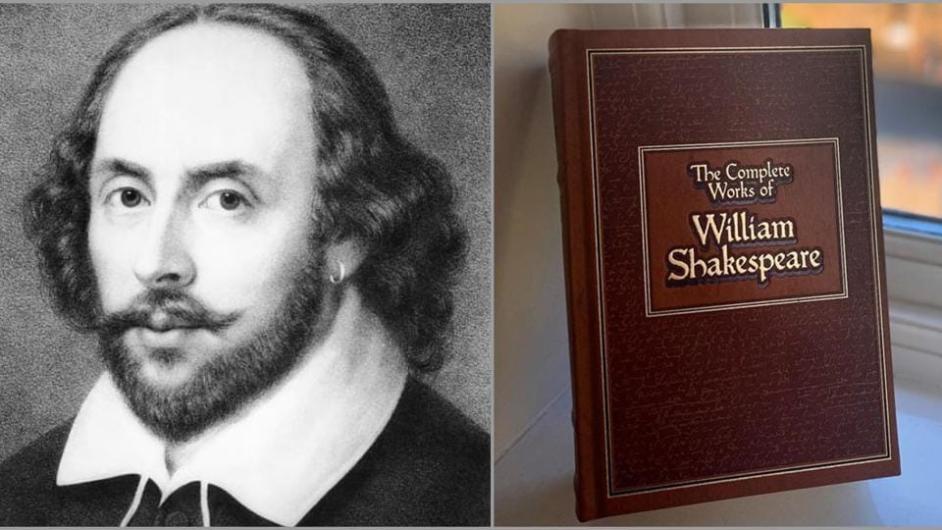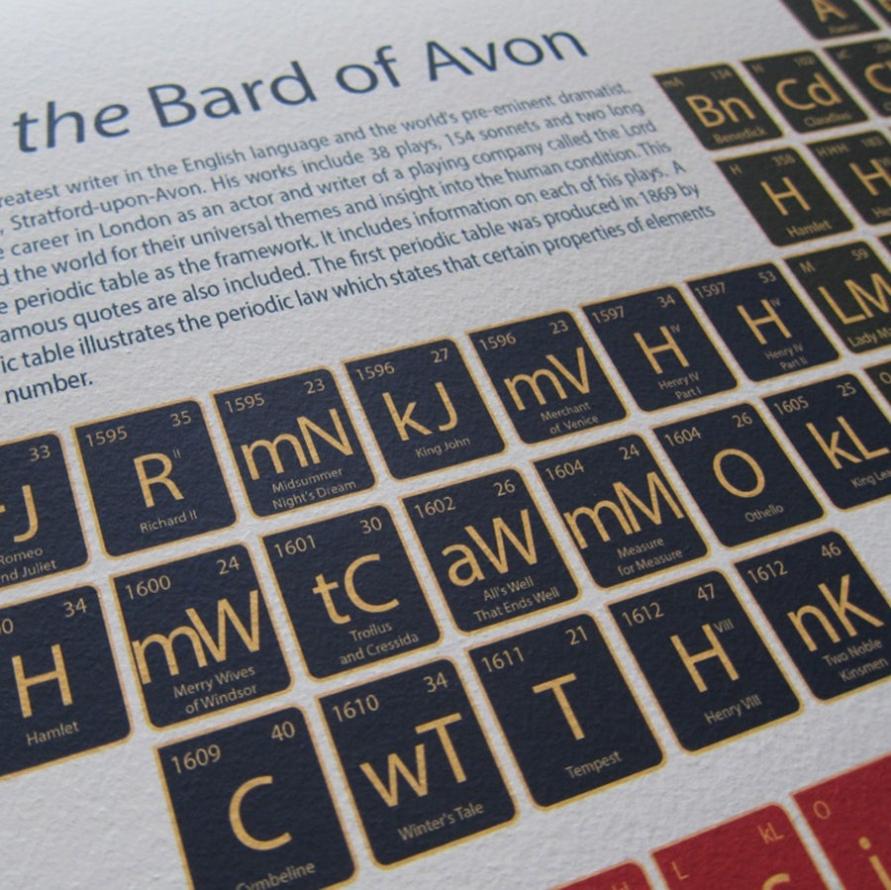Unveiling the Mystery: Exploring the True Identity of the Bard of Avon
For centuries, the world has been captivated by the works of William Shakespeare, the enigmatic Bard of Avon. His plays and sonnets have transcended time, captivating audiences with their timeless themes, profound insights, and exquisite language. Yet, behind the brilliance of his words lies a lingering question: who was the true William Shakespeare?

Thesis Statement:
This article delves into the mystery surrounding the identity of William Shakespeare, examining the evidence and theories that challenge the traditional view of his authorship. By exploring the historical context, contending theories, and the impact on literary interpretation, we aim to shed light on the true identity of the Bard of Avon and its significance in understanding his works.
I. Historical Context:
The Elizabethan Era:
Shakespeare's life and career unfolded during the vibrant Elizabethan era, a period marked by cultural and intellectual flourishing. The reign of Queen Elizabeth I witnessed a surge in artistic expression, including the rise of the English theater.
The Globe Theatre:
The Globe Theatre, where many of Shakespeare's plays were performed, played a pivotal role in shaping his career. This open-air theater allowed for a dynamic interplay between actors and audience, contributing to the immersive experience of Shakespeare's works.
Censorship And Patronage:

The Elizabethan era was also characterized by strict censorship laws and the influence of patronage. Shakespeare's writings were subject to scrutiny by the authorities, and his dependence on patrons impacted the themes and content of his works.
II. Contending Theories:
Traditional View:
The widely accepted notion is that William Shakespeare of Stratford-upon-Avon was the author of the plays and sonnets attributed to him. This view is supported by historical records, including his baptism, marriage, and death certificates.
Alternative Candidates:

Despite the prevailing belief, various theories propose alternative candidates for Shakespeare's identity. These theories challenge the traditional view and offer intriguing possibilities.
Edward de Vere, 17th Earl of Oxford:
- Evidence: Supporters of this theory point to Oxford's education, social status, and literary abilities as evidence of his authorship.
- Arguments: They argue that Oxford's life experiences and travels align with the themes and settings of Shakespeare's plays.
Christopher Marlowe:
- Evidence: Similarities between Marlowe's works and Shakespeare's, as well as the circumstances surrounding Marlowe's death, have fueled speculation about his involvement in Shakespeare's authorship.
- Arguments: Proponents of this theory suggest that Marlowe may have collaborated with Shakespeare or even written some of the plays attributed to Shakespeare.
Sir Francis Bacon:
- Evidence: Bacon's extensive knowledge, philosophical writings, and political career have led some to believe that he used Shakespeare as a front to express his own ideas.
- Arguments: Supporters of this theory point to the esoteric symbolism and philosophical themes found in Shakespeare's works as evidence of Bacon's authorship.
III. Evidence And Analysis:
Stylistic Analysis:
Comparative analysis of the writing styles of Shakespeare's works with those of the proposed alternative authors can shed light on the true authorship. Similarities and differences in language, imagery, and structure can provide valuable insights.
Biographical Parallels:
Examining the biographical details of the candidates and their correlation with the themes and characters in Shakespeare's plays can offer clues about the true author's identity.
Historical Allusions:
Analyzing historical references in Shakespeare's works and their relevance to the lives of the proposed authors can provide further evidence for or against their candidacy.
IV. Impact On Literary Interpretation:
Reevaluating Authorship:
Questioning Shakespeare's identity challenges traditional interpretations of his works. It prompts scholars and readers to reevaluate the meanings and contexts of his plays and sonnets.
New Perspectives:
Alternative authorship theories can provide fresh insights into the plays and sonnets, offering new perspectives on character motivations, thematic interpretations, and historical contexts.
Cultural Significance:
Rethinking Shakespeare's authorship has broader cultural implications. It challenges established notions of genius, creativity, and the role of the individual in shaping literary history.
V. Conclusion:
Summarize Findings:
This article has explored the mystery surrounding the identity of William Shakespeare, examining the evidence and theories that challenge the traditional view of his authorship. While the debate continues, the search for the true Bard of Avon remains a captivating pursuit that enriches our understanding of his timeless works.
Reiterate Thesis:
Uncovering the true identity of William Shakespeare is of paramount importance in fully comprehending the depth and significance of his works. By delving into the historical context, contending theories, and impact on literary interpretation, we gain a deeper appreciation for the Bard's artistry and the enduring legacy of his words.
Open-Ended Question:
As we continue to unravel the mystery of Shakespeare's identity, we are left with a thought-provoking question: what other secrets lie hidden within the pages of his plays and sonnets, waiting to be discovered?
YesNo

Leave a Reply